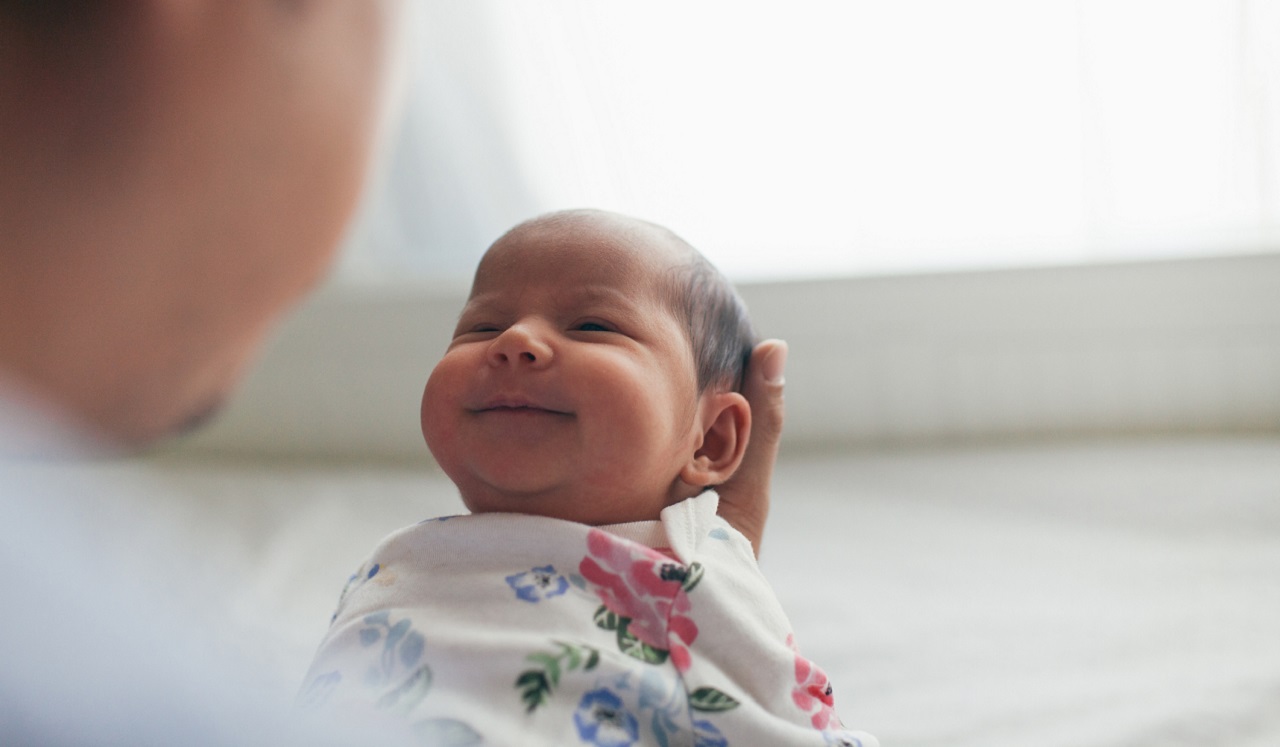Organizing and preparing your home for a newborn goes beyond picking out color-coordinated bedding for the nursery. Especially during the pandemic, taking steps to ensure your home is clean and safe is one of the most important things you can do. A little advance planning goes a long way.
“Prior to your baby arriving, it’s important to have your home prepared,” says Sandra Hurtado, MD, an obstetrician affiliated with Memorial Hermann. “Not only should you gather essentials and prepare a place for the baby to sleep and eat, but cleaning and disinfecting your home is a must.”
Stock up.
Be sure to have the supplies you need before the baby arrives. You can make a list a mile long, but here are some essentials you and your baby will need right away
Baby Basics
- Diapers
- Baby wipes (choose alcohol and fragrance-free)
- Breast pump/milk storage containers
- Formula/bottles (glass or BPA-free)
Medical and Hygiene Supplies
- Infant thermometer
- Nasal saline drops
- Bulb syringe
- Diaper-rash cream or ointment
- Infant acetaminophen (consult your pediatrician for dosing requirements)
- Infant shampoo/body wash
- Infant nail file
Nutritious Meals and Snacks
It takes lots of energy to care for a newborn, and maintaining a healthy diet is a good place to start. Fill your kitchen with fresh fruits and vegetables for vitamins and fiber, along with protein sources like lean meats, beans or nuts. Avoid foods that are high in fat or sugar, as well as alcoholic beverages.
Clean, protect, prepare.
A healthy home starts with clean and disinfected surfaces. Before the baby arrives, use household cleaners to disinfect high-touch surfaces like countertops, doorknobs, appliances, light switches, faucets and electronics. It is also important to clean and disinfect anything you will be using for the baby. Be sure to wash all clothing and bedding with a gentle laundry detergent before the baby comes in contact with them.
In addition to cleaning your home, take the time to ensure basic safety measures are in place:
- Install smoke and carbon-monoxide detectors
- Secure household cleaning and laundry supplies in locked cabinets
- If you have firearms, they should be unloaded and locked, with the ammunition stored in a separate location
Once your home is clean and protected, you can begin to prepare a quiet environment for your newborn. Dr. Hurtado suggests finding a place in your home for your baby to sleep and eat that is free of loud noise and bright light.
Limit visitors.
One of the best ways to keep your newborn healthy is to restrict their exposure to other people. Many new parents plan on having support from extended family or friends, but during the pandemic this is not a good idea.
“You should avoid visitors, especially given that asymptomatic carriers of COVID-19 are difficult to detect,” says Dr. Hurtado. “Anyone who comes inside should wear a mask and wash their hands with soap and water for at least 20 seconds. And, don’t be afraid to ask essential visitors to have a temperature check and to not come into your home if they have any symptoms.”
Safer at home.
“Even without the pandemic, you should avoid taking the baby into crowded areas during the first six weeks,” says Dr. Hurtado. “Newborns are more susceptible to infections and have not completed their vaccinations. Breastfeeding does offer some protection, but it’s best to avoid exposure by staying home.”
When you do need to be in a public space, Dr. Hurtado says always wear a face mask and gloves, and change and wash your clothing as soon as you return home.
Keep an eye on mental health.
While staying at home is important for your and your baby’s physical health, feeling isolated can take a toll on parents’ mental health and emotional well-being.
Dr. Hurtado suggests designating an area of your home where you can do something for yourself, like listening to music, reading, or exercising, while someone else in the household cares for the baby. “Protect your alone time and don’t bring the baby monitor into your break area,” she says.
Welcoming a new baby during the pandemic is new and unusual for all parents, but taking steps to prepare your home in advance can bring some normalcy to the situation. When you have questions or need help, remember to contact your health care provider.


